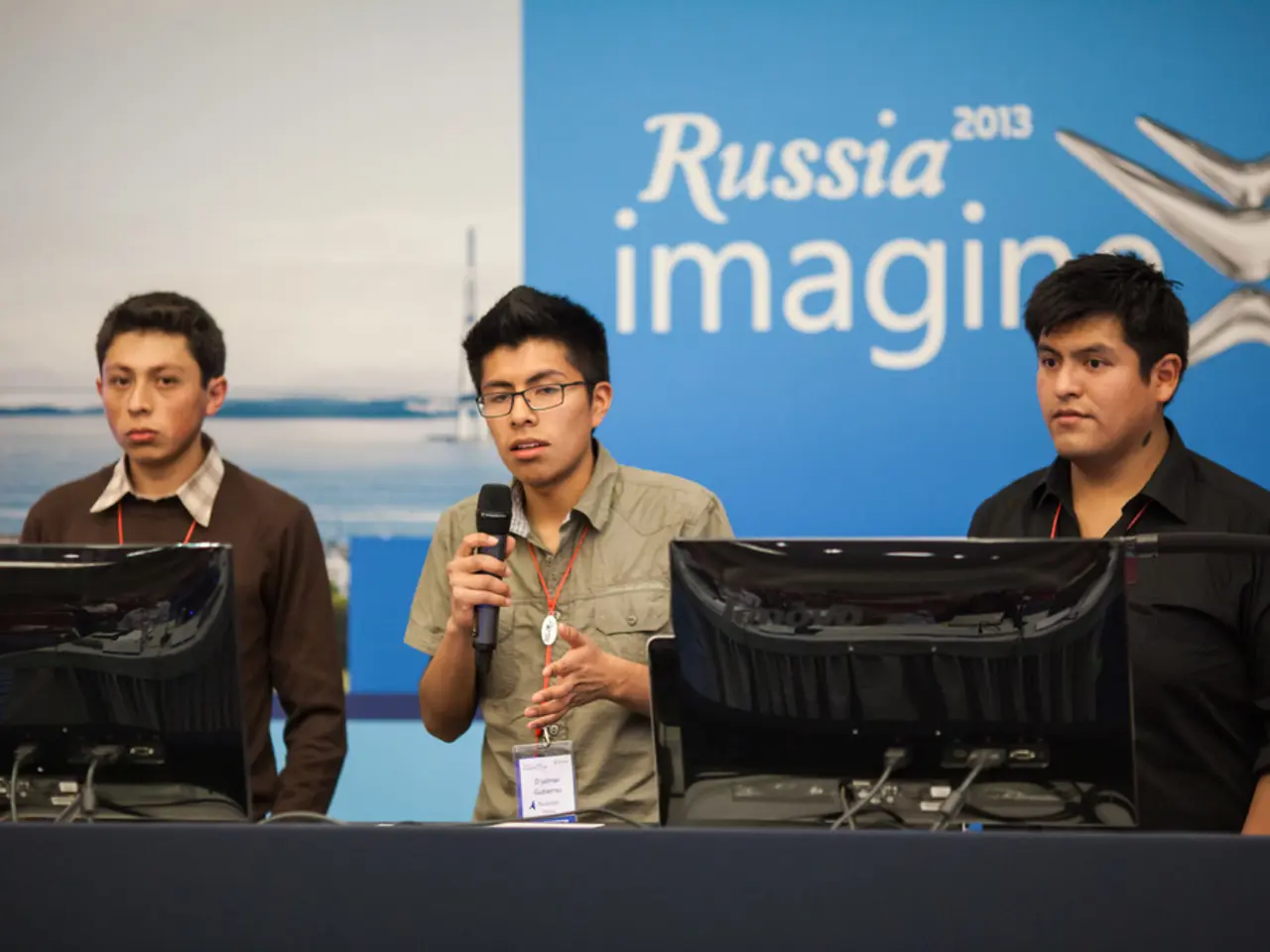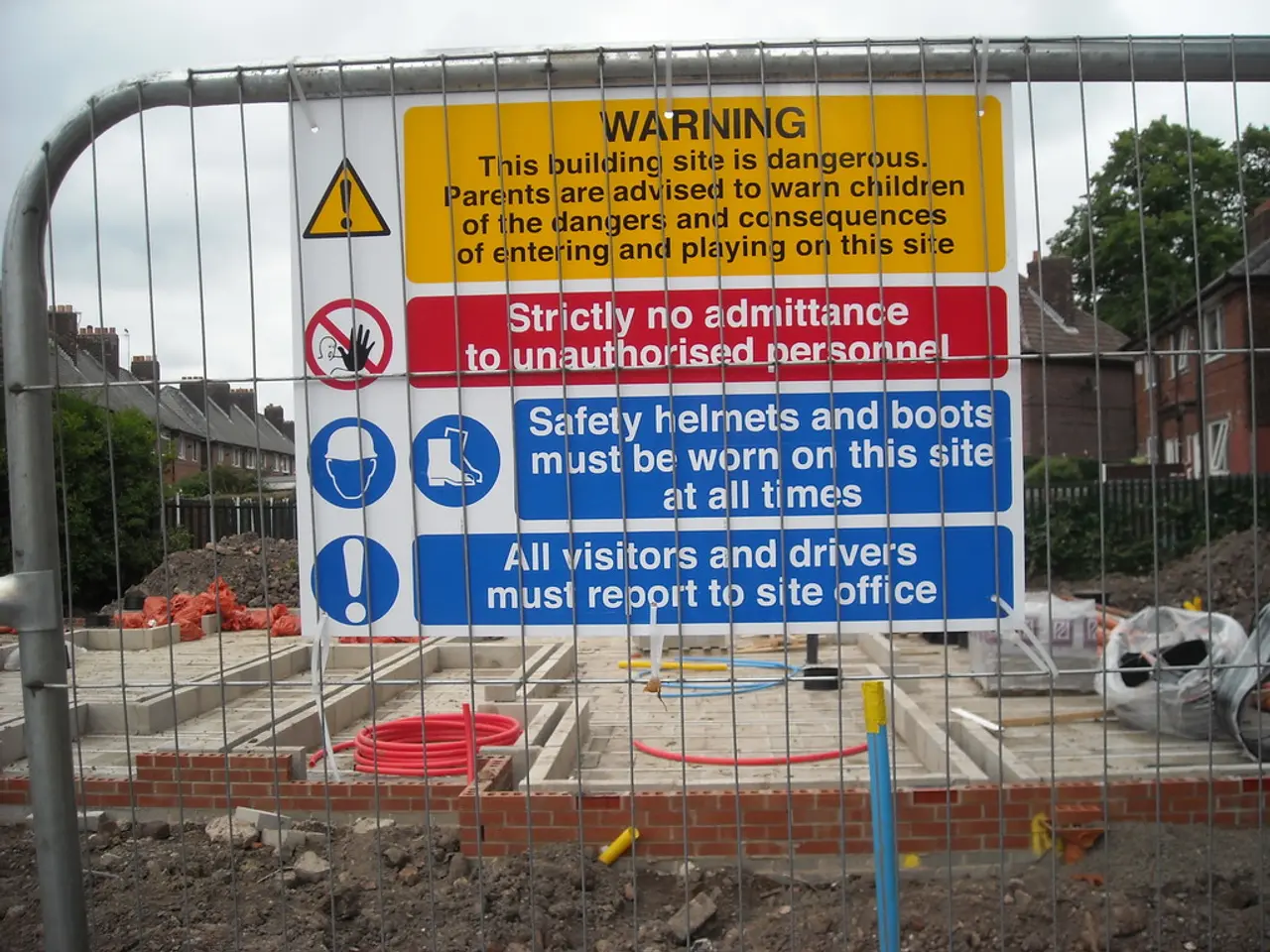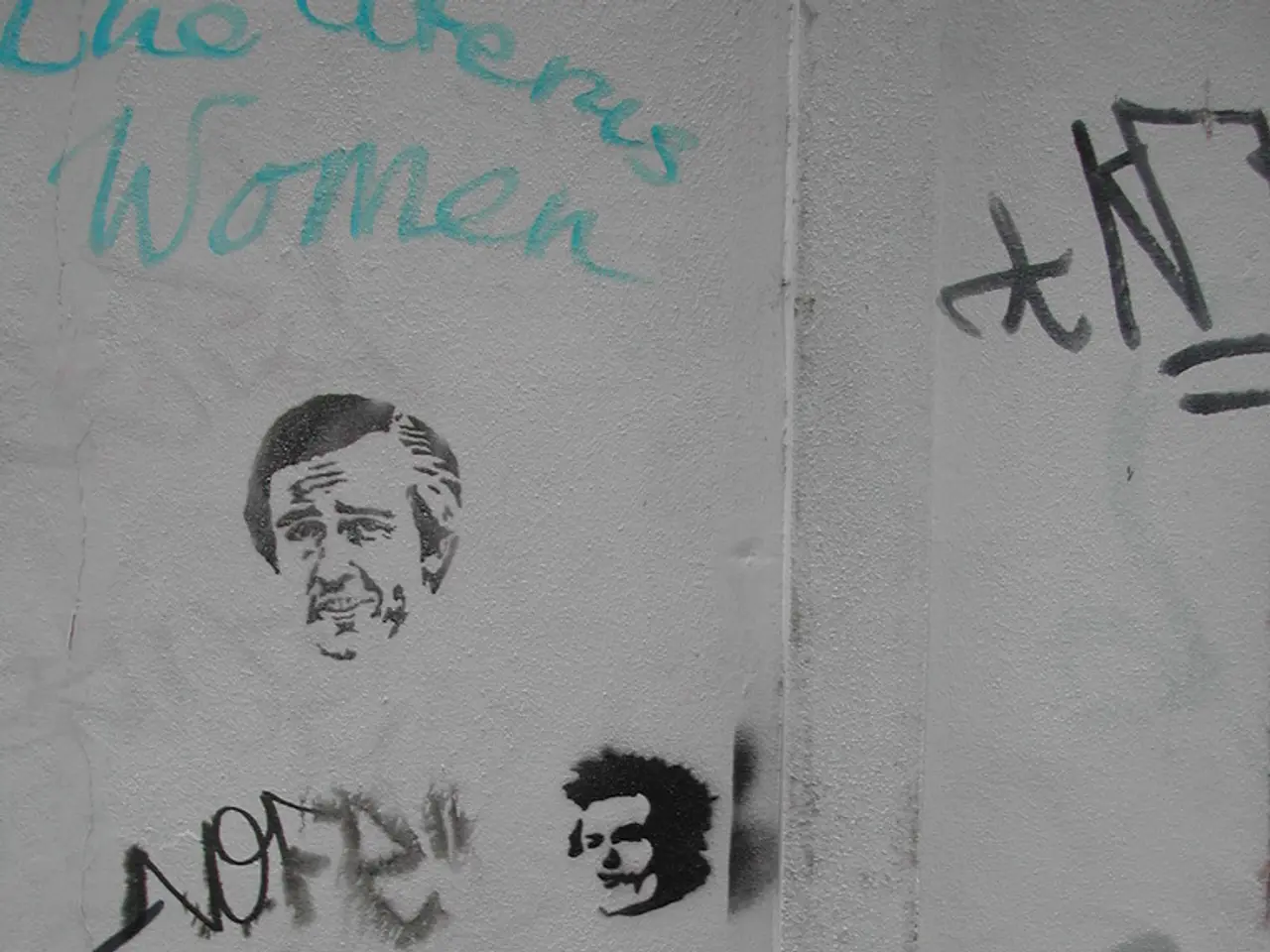Undermines Negotiation Eagerness by Trump
In the ongoing conflict between Russia and Ukraine, recent developments have seen a shift in strategies and heightened tensions, both militarily and diplomatically.
Russian military actions continue to target Ukrainian military recruitment centres, as evidenced by drone strikes in Kharkiv and Zaporizhia on July 7, resulting in civilian casualties. However, the Russian advancements have slowed, with only 18 square miles of territory captured in one week, marking a significant reduction compared to previous weeks.
In a bid to end the conflict, U.S. President Donald Trump has issued a 50-day ultimatum to Russia, threatening harsh sanctions if the war in Ukraine is not brought to a halt by the deadline. Experts have expressed skepticism, suggesting that Russia might exploit this time frame to further its military objectives.
Meanwhile, Russia has dismissed Trump's demand for a ceasefire, continuing aggressive military actions despite the threats of additional sanctions. The Kremlin's ongoing summer offensive aims to encircle key towns in eastern Ukraine, such as Pokrovsk and Kostiantynivka, though it is unlikely to capture them soon.
The U.S. continues to support Ukraine militarily, though specific recent developments on arms deliveries are not highlighted in the current updates.
The international community closely watches the conflict and the U.S.-Russia dynamics. Trump's ultimatum and Russia's rejection of it have heightened tensions, with implications for both the conflict's trajectory and global economic sanctions.
Former Russian President Dmitry Medvedev has compared the ongoing situation to a proxy war, deeming it essentially a full-scale war, including downing of Western rockets, satellite reconnaissance, and sanctions packages. Medvedev warns of potential escalation of the war and the need for Russia to react accordingly, including taking preventive measures if necessary. However, he does not specify the nature of the preventive measures Russia may take.
Russia's Foreign Ministry spokeswoman, Maria Zakharova, accused the U.S. of signalling the abandonment of peace efforts with new arms deliveries to the government in Kiev. She also stated that the Kiev regime interprets U.S. decisions as a signal to continue the conflict and abandon the peace process.
Zakharova downplayed the impact of new sanctions, considering them banal due to the existing numerous sanctions and restrictions. She reiterated Russia's commitment to securing the country's interests.
Trump's announced tougher stance against Russia includes a threat of sanctions and new arms deliveries to Ukraine. Medvedev suggests that Western powers are involved in a full-scale war, albeit through proxies. The situation remains volatile with ongoing military actions and diplomatic tensions between major powers involved.
The community policy regarding foreign intervention is being closely monitored as the international community grapples with the ongoing war-and-conflicts in Ukraine, specifically the increased tensions between Russia and the U.S. Interestingly, employment policies of various nations may come into play in this context, considering the potential economic implications of global economic sanctions and the arms trade.
In light of the escalating tensions and political negotiation, policy-and-legislation concerning war-and-conflicts and politics could be revisited to better protect civilian populations and facilitate the peace process. The ongoing conflict serves as a stark reminder of the complex interplay between global politics, economics, and military actions.







